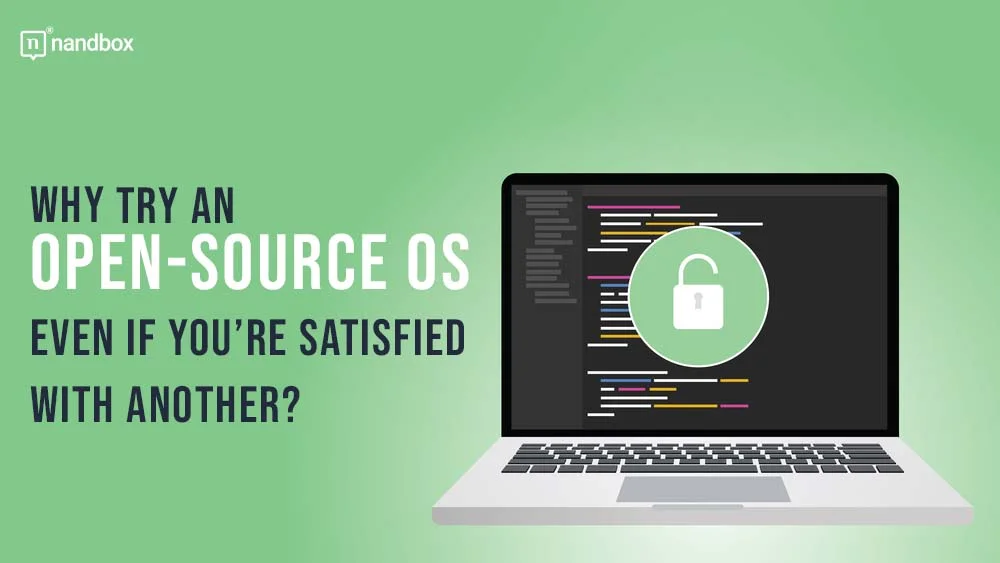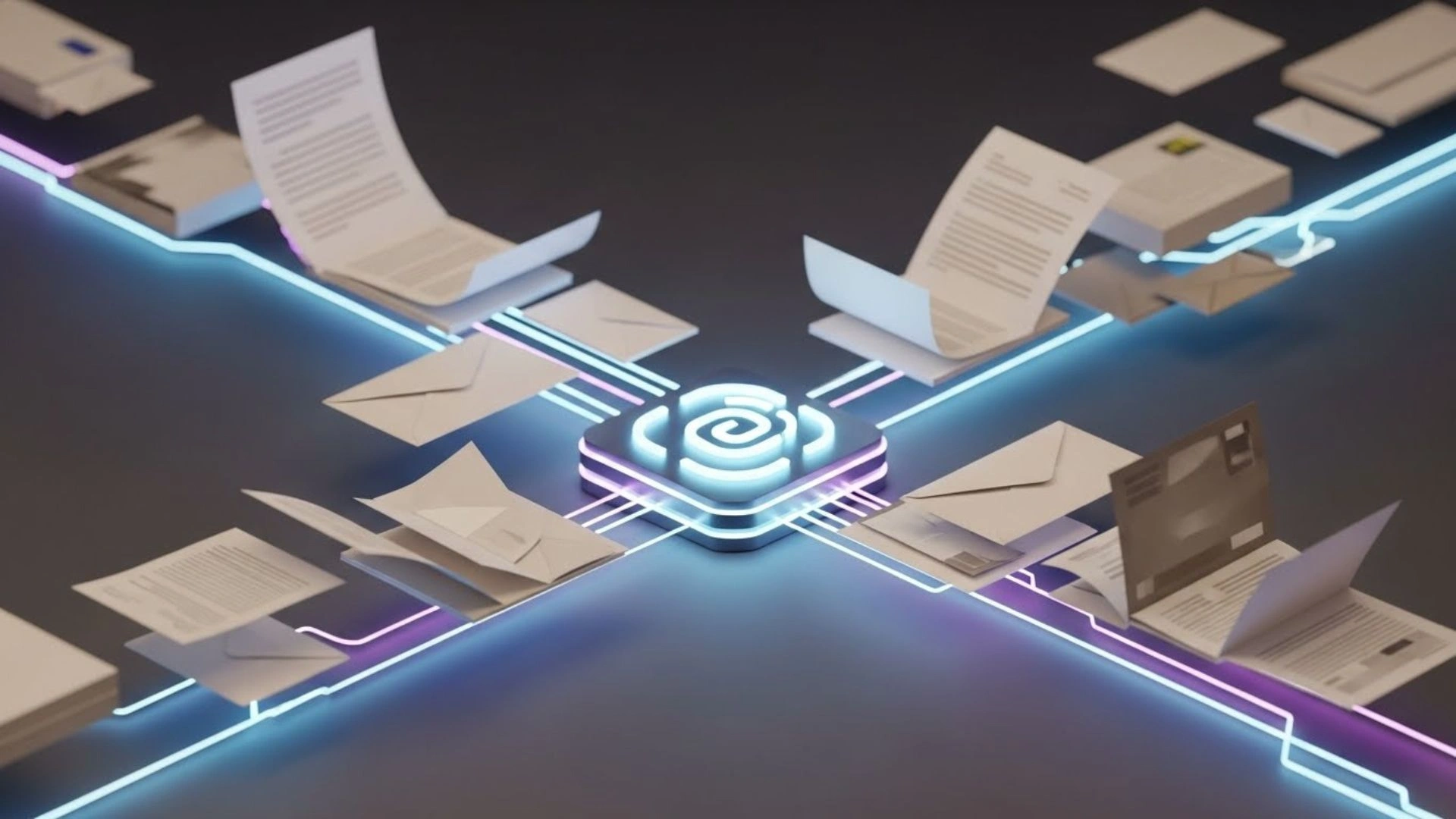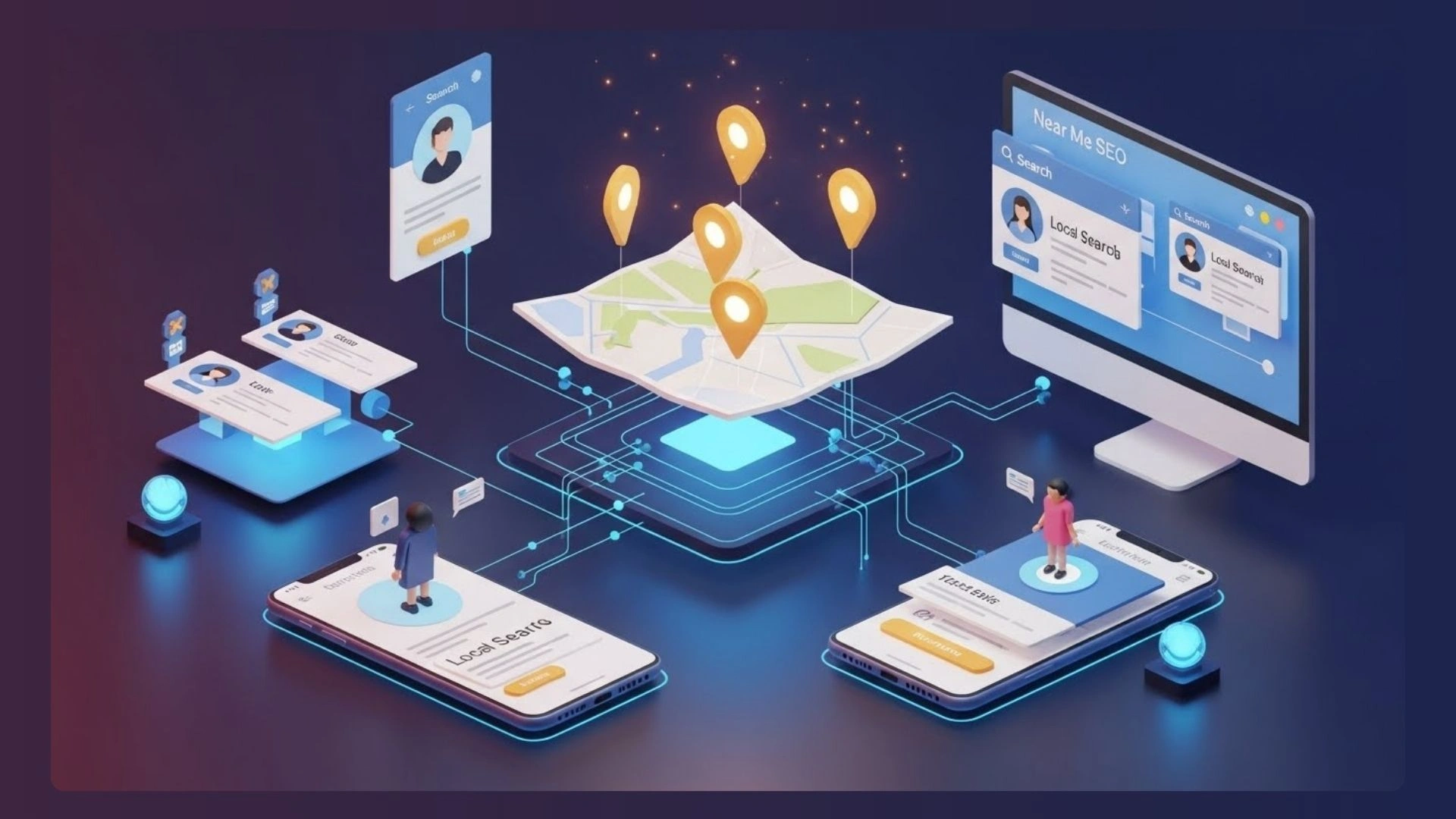Mac and Windows users are generally hesitant to venture out of their respective ecosystems. After all, why bother with something else if the OS you’ve been using for years just works? Here are several compelling reasons why you should consider giving open-source OS a shot. There are no drawbacks, and you may walk away with a new appreciation for choice security.
A Different Philosophy
The freedom embodied in the open-source philosophy is the main reason enthusiasts evangelize about their OS of choice. It’s about removing artificial restrictions and creating an environment that doesn’t just look the way you want but acts like it, too.
Take MacOS’s restrictive file handling policies or Windows and its insistence on automatic updates. An open-source OS will offer several alternatives for file managers, music players, video editors, etc., each with pros and cons you can embrace. Also, you can update as (in)frequently as you like and only choose updates you find meaningful.
Almost No Hardware Restrictions
Microsoft ruffled some feathers with Windows 11 and its steep CPU requirements, forcing early adopters to upgrade again even if they bought their hardware only a year or two ago. While the requirements are more relaxed now, the aftertaste remains.
Open-source operating systems have no such artificial limitations. Some Linux distributions are all about being lightweight and thriving on hardware that would struggle to run a modern mainstream OS. This lets you breathe new life into old machines and extend their usefulness.
It’s Free
Free is a price that’s hard to argue with, especially compared to the exorbitant price of entry into the Apple ecosystem. If anything, going open-source lets you put together a PC that will match any Mac at a fraction of the cost.
Open-source reaches beyond operating systems. If it’s a popular paid-for program, chances are a competent free alternative also exists. It’s possible to set an open-source PC up for general productivity, programming, music video production, art creation, and much more without paying a dime for licenses.
They Respect Your Privacy
Using Windows to its fullest is impossible without giving up some of your privacy. You have to tie a license to your hardware and create an account that asks for a lot of personal information. Moreover, the OS collects telemetry usage info to serve you targeted ads. Want to opt out of these practices? Tough luck.
Open-source alternatives take user privacy extremely seriously. Some might collect updated histories, but your personal information remains your own. It makes your online experience safer, and you can even increase that with open-source-friendly private browsers for privacy.
They’re More Secure
Apple and Microsoft have cornered the desktop market. One beneficial side effect of this for open-source OS users is the fact that hackers don’t bother developing malware that targets them. It’s harder to infect the system with malware that does exist since installing anything comes with more complex checks that ensure only vetted files and applications are seen as trustworthy.
Of course, having a safer OS can’t protect you from negligence. You still have to follow best cybersecurity practices, like using unique and complex passwords for each account. Why bother creating them when you can automate it? Open-source systems work seamlessly with password managers. For example, a Linux password manager can generate complex passwords with a button press and store them in an encrypted vault, which is a much more secure alternative to filling in login info from inside a browser.
They May Convincingly Emulate the OS You’re Used To
Remember how we mentioned unbridled customizability as an open-source OS advantage? Technically, you could make it look and feel like the OS you’re using now. It’s trickier to get MacOS functionality past a superficial resemblance, but many Windows applications work flawlessly.
That’s good news for gamers who are hesitant to make the switch. The development of Proton and wider adoption of the Vulkan API mean you can run most modern games without the Windows lock-in.
Conclusion
Being satisfied with your current OS doesn’t mean there’s no room for improvement! Pick one of the countless flavors of open-source operating systems and give it a spin. Who knows, you might go from dual-booting and tinkering with the OS to adopting it as your new daily driver.




